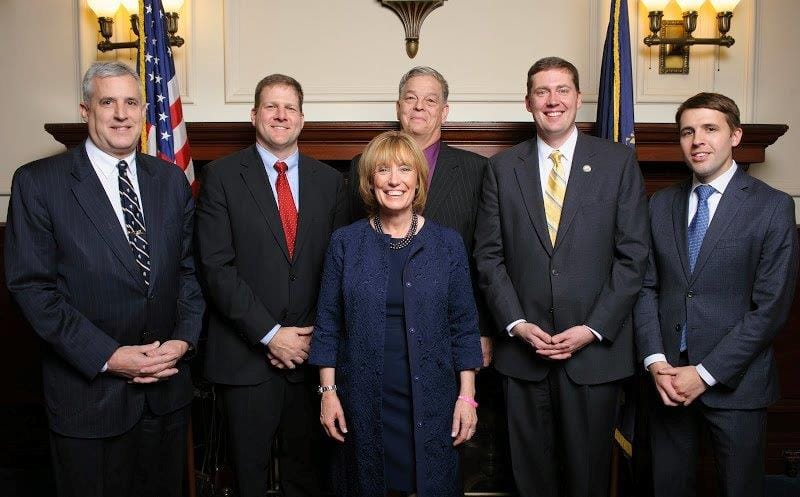Executive Council approves $11.5M for addiction recovery services
The money will be used around the state to support new services such as withdrawal management services, medication assisted treatment and various 24/7 crisis services, including a new statewide crisis hotline.

CONCORD, NH – The Executive Council on March 23 approved nearly $11.5 million in additional resources to support patients, families, volunteers and providers across the state in battling addiction.
The money will be used around the state to support new services such as withdrawal management services, medication assisted treatment and various 24/7 crisis services, including a new statewide crisis hotline.
“Strengthening treatment and recovery is a critical component of our comprehensive approach to combat the heroin and opioid crisis and help save lives, and I applaud the Executive Council for today’s bipartisan vote to get these critical resources to communities and providers across the state,” Hassan said.
With this contract the state will support services such as withdrawal management, medication assisted treatment and various crisis services to connect those battling addiction with resources, either in-person or through 24/7 phone service, including a crisis hotline.
The new services, including the crisis hotline, are expected to come online over the next several months. Other services supported by the contract include: partial hospitalization, counseling to assist with client assessment, risk assessments, and referrals to treatment, recovery and other services.
The contract will provide additional resources to providers across the state, including in Berlin, Canaan, Concord, Dover, Gilford, Lebanon, Manchester, Nashua, North Haverhill and Portsmouth.
“I am grateful for the Executive Council’s approval of this contract, which provides a broader array of treatment and recovery services in our efforts to treat substance use disorders and respond to the opioid addiction crisis,” said Department of Health and Human Services Commissioner Jeffrey A. Meyers. “Medication assisted treatment, withdrawal management, around the clock crisis services, and partial hospitalization will help the Department deliver additional treatment and prevention services to ensure that individuals dealing with a substance misuse issue get the help they need throughout the continuum of care.”
Hassan called the contract a “significant step forward” to provide assistance to communities across the state. She urged state legislators to act with the “same sense of urgency” to provide additional resources to our communities.
“With revenues outpacing projections by approximately $60 million this fiscal year, we can afford to provide additional resources to support local enforcement in hard-hit communities, add an attorney at the Department of Justice to focus on opioid-related issues and crimes, strengthen our prescription drug monitoring program, establish a statewide drug court program, and support prevention, treatment and recovery programs.”
“These resources provide critical, stable funding to centers that serve as the safety net for substance use treatment services. However, we know more is needed, which is why passage of SB533 is so important. There is still a need for critical funding support for community-based recovery support services, safe and sober housing and expanded specialty treatment to meet growing demand,” said Tym Rourke,
Director, Substance Use Disorders Grantmaking and Strategic Initiatives.
On March 24 the Senate is expected to vote on Senate Bill 533, which as proposed by the governor would provide $5 million in funding for the Governor’s Commission on Alcohol and Drug Abuse Prevention, Treatment and Recovery for prevention, treatment and recovery providers to assist thousands of additional Granite Staters, as well as roughly $150,000 for an additional attorney at the Department of Justice focused on opioid-related crimes and issues. It would also help the department pursue homicide charges for drug dealers.
The Senate Finance Committee has recommended an amendment to the bill that would cut in half the Governor’s original proposal and create bureaucratic hurdles that slow the distribution of the funds.
The contract – totaling $11,451,100 – goes into effect April 1 and is supported by more than 50 percent federal funds.




